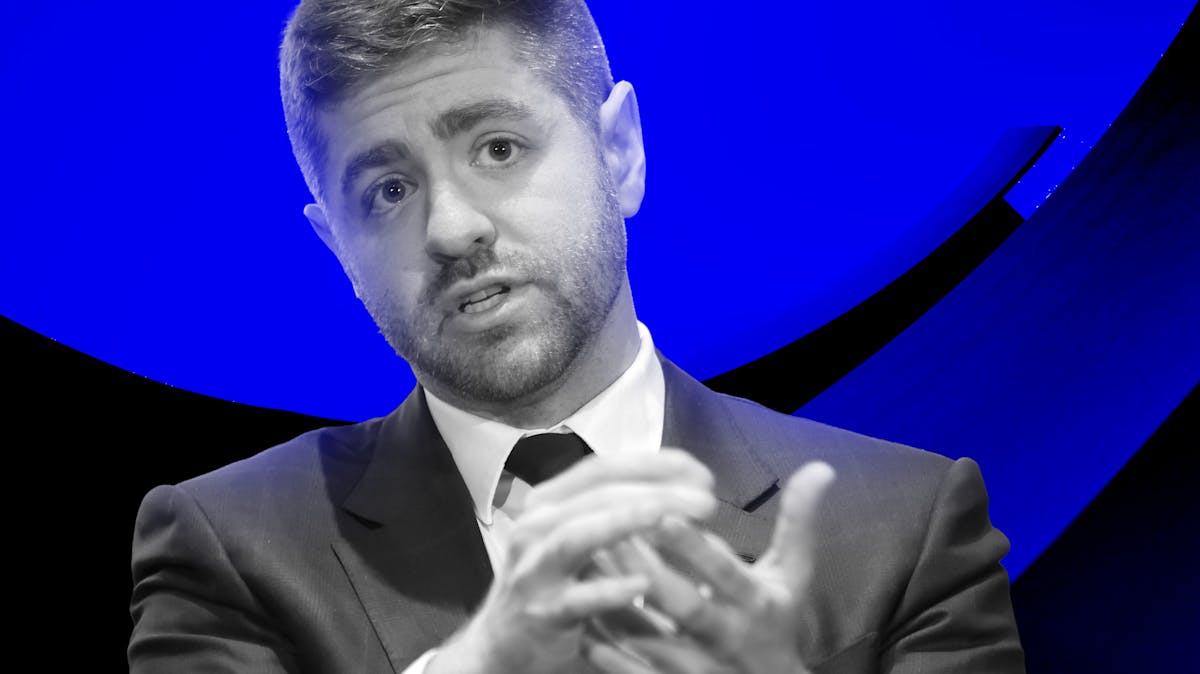Summary:
£100mn investment by Larry Ellison in the Ellison Institute of Technology aims to bridge the 'valley of death' for UK start-ups
UK's pandemic response demonstrated rapid innovation but post-pandemic bureaucratic hurdles are stifling growth
Cultural shift needed to support entrepreneurship, moving away from viewing academic and business pursuits as mutually exclusive
High industrial electricity costs and punitive labour laws are current barriers to innovation and growth
Call to action for policy and practice alignment to retain and scale innovations like DeepMind within the UK
Britain's entrepreneurial potential is being stifled by cultural and political barriers, despite its rich history of innovation and scientific achievement. The recent establishment of the Ellison Institute of Technology in Oxford, backed by a £100mn investment from Oracle co-founder Larry Ellison, highlights the untapped potential of British science and entrepreneurship. This institute aims not only to conduct pure research but also to act as a giant incubator for promising start-ups, addressing the critical 'valley of death' gap where innovative ideas fail to secure scale-up capital.
The UK's response to the pandemic showcased its capability for rapid innovation and collaboration, with achievements like the AstraZeneca vaccine and the discovery of dexamethasone as a Covid-19 treatment. However, post-pandemic, the resurgence of bureaucratic hurdles and a lack of early-stage investment capital continue to hinder progress. The article argues for a cultural shift to embrace and support entrepreneurship, akin to the US, where academic and business pursuits are not seen as mutually exclusive.
Challenges remain, including high industrial electricity costs and punitive labour laws, which threaten to derail growth. The piece calls for a collective effort to bridge the disconnect between policy and practice, ensuring that future innovations like DeepMind can scale up within the UK rather than being lured abroad.








Comments